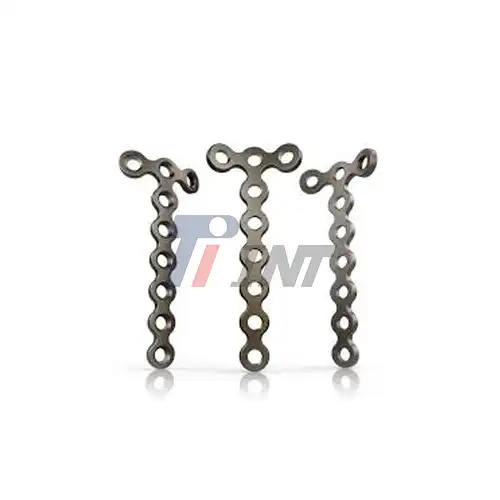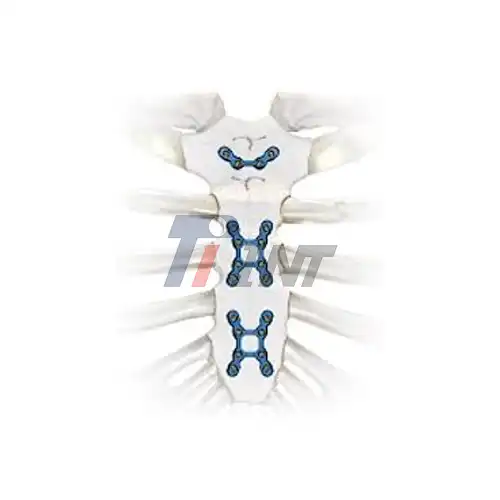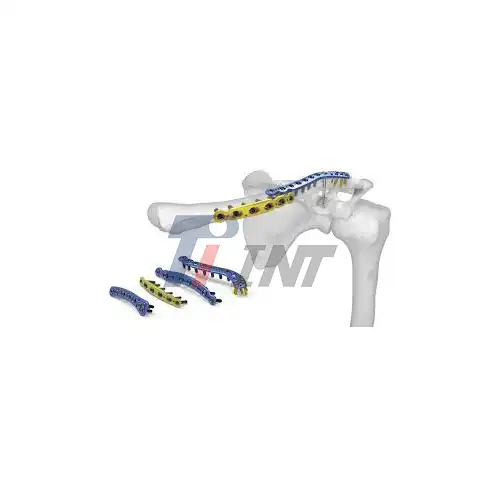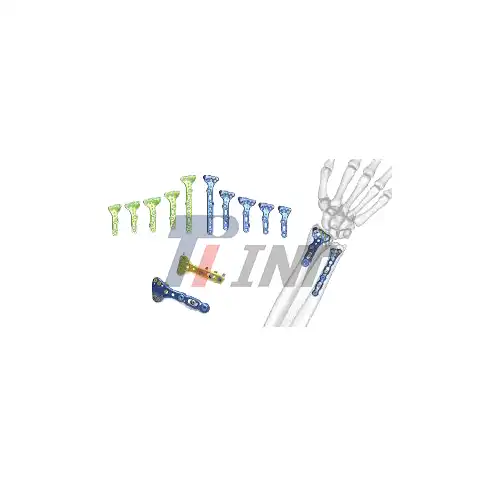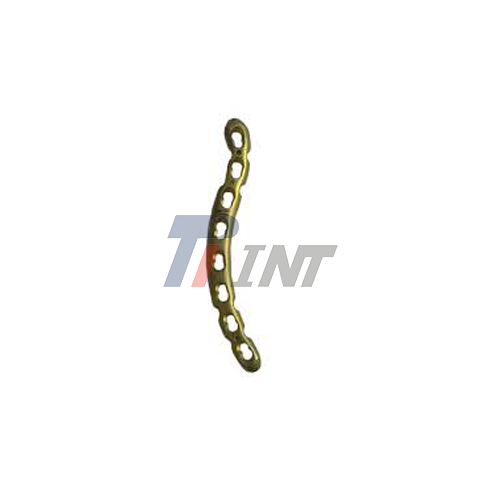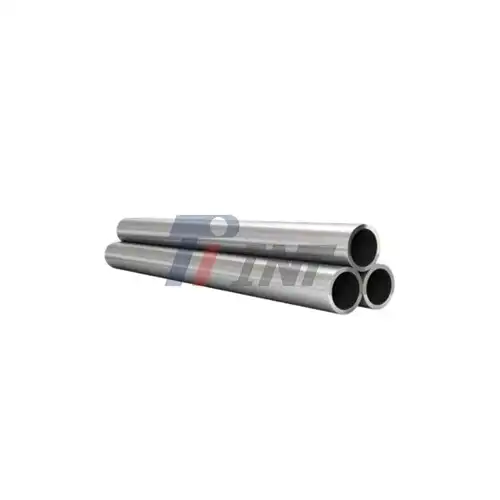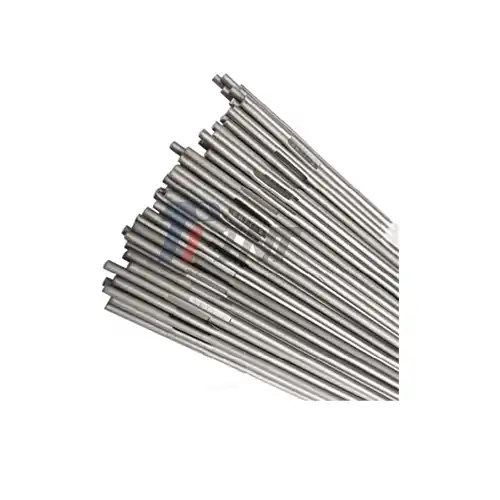The Remarkable Properties of Maxillofacial Surgery Titanium Plates
Unmatched Biocompatibility and Safety
One of the most crucial aspects of any surgical implant is its biocompatibility, and maxillofacial surgery titanium plates excel in this regard. These plates are typically crafted from pure titanium or Ti-6Al-4V ELI (Extra Low Interstitial) alloy, also known as Grade 5 or Grade 23 titanium. These materials have been extensively studied and proven to be highly biocompatible, meaning they're unlikely to trigger adverse reactions when implanted in the human body.
The exceptional biocompatibility of titanium stems from its ability to form a stable oxide layer on its surface when exposed to oxygen. This protective layer prevents corrosion and minimizes the release of metal ions into the surrounding tissues. As a result, patients experience reduced risk of allergic reactions, inflammation, or rejection of the implant, making titanium plates safe for long-term implantation.
Lightweight Yet Durable Design
Maxillofacial surgery titanium plates strike an impressive balance between weight and strength. Their lightweight nature provides significant advantages during surgical procedures, allowing for precise placement and reducing strain on surrounding tissues. Despite their low weight, these plates maintain exceptional durability, capable of withstanding the complex forces exerted by facial muscles and daily activities.
The high strength-to-weight ratio of titanium alloys used in these plates enables surgeons to use thinner profiles without compromising structural integrity. This characteristic is particularly beneficial in maxillofacial surgeries, where space is often limited, and aesthetics are a concern. The reduced bulk of titanium plates minimizes the risk of plate palpability or visibility beneath the skin, contributing to better cosmetic outcomes for patients.
Corrosion Resistance and Long-Term Performance
Another standout feature of maxillofacial surgery titanium plates is their exceptional corrosion resistance. The aforementioned oxide layer that forms on titanium surfaces not only enhances biocompatibility but also provides a robust barrier against corrosive elements in the body. This resistance to corrosion ensures long-lasting performance, even in the demanding environment of the oral cavity, where exposure to saliva and varying pH levels can challenge the integrity of implanted materials.
The corrosion-resistant nature of titanium plates translates to several benefits for patients and surgeons alike. It reduces the risk of implant degradation over time, minimizing the need for revision surgeries and ensuring sustained stability of the repaired facial structures. Moreover, the absence of corrosion products contributes to the overall safety profile of the implant, further reducing the likelihood of adverse tissue reactions or systemic effects.
Versatility and Customization in Maxillofacial Surgery
Adaptability to Various Surgical Needs
Maxillofacial surgery titanium plates are available in a wide range of sizes, shapes, and configurations to address diverse surgical requirements. Manufacturers offer plates with varying thicknesses, typically ranging from 0.5mm to 2mm, allowing surgeons to select the most appropriate option based on the specific anatomical location and load-bearing needs of the repair site.
The customizable nature of these plates extends to their width and length, which can be tailored to fit individual patient anatomy. This flexibility is crucial in maxillofacial surgery, where facial structures vary significantly between individuals. The ability to choose or modify plates to match patient-specific requirements ensures optimal fit and function, contributing to improved surgical outcomes and patient satisfaction.
Surface Treatments for Enhanced Performance
To further optimize the performance of maxillofacial surgery titanium plates, various surface treatments can be applied. These treatments can modify the surface properties of the plates to enhance their interaction with surrounding tissues or improve their mechanical characteristics. Common surface treatments include:
- Anodizing: This electrochemical process creates a controlled oxide layer on the titanium surface, which can improve biocompatibility and provide color coding for easier identification of different plate types or sizes during surgery.
- Sandblasting: This technique roughens the surface of the plate, potentially improving osseointegration (bone ingrowth) and increasing the plate's stability within the bone.
- Custom coatings: Specialized coatings can be applied to enhance antimicrobial properties, promote bone growth, or further improve biocompatibility.
These surface treatments allow for fine-tuning of the plate's properties to meet specific clinical needs, showcasing the versatility of titanium as a biomaterial in maxillofacial surgery.
Meeting Rigorous Quality Standards
The production of maxillofacial surgery titanium plates is subject to stringent quality control measures to ensure safety and efficacy. Reputable manufacturers adhere to international standards such as ISO9001:2015 for quality management systems and ISO13485:2016 specifically for medical devices. Additionally, these plates often carry EU CE safety certification, further attesting to their compliance with rigorous safety and performance standards.
These certifications provide assurance to surgeons and patients that the titanium plates meet the highest quality benchmarks. They encompass various aspects of the manufacturing process, from material selection and processing to sterilization and packaging, ensuring consistency and reliability across production batches.
Advanced Mechanical Properties for Optimal Clinical Outcomes
Superior Strength and Fatigue Resistance
Maxillofacial surgery titanium plates boast impressive mechanical properties that contribute to their reliability in clinical use. The tensile strength of these plates typically exceeds 830 MPa, providing the necessary structural integrity to withstand the forces encountered in the maxillofacial region. This high strength allows for the use of thinner plates without compromising stability, which is particularly advantageous in areas with limited soft tissue coverage.
Equally important is the excellent fatigue resistance of titanium plates. The cyclic loading that occurs during normal jaw function, such as chewing and speaking, can lead to fatigue failure in less resilient materials. Titanium's superior fatigue properties ensure long-term reliability, significantly reducing the risk of plate fracture or loosening over time. This durability translates to a lower incidence of revision surgeries, improving patient outcomes and reducing healthcare costs.
Osseointegration and Long-Term Stability
One of the unique advantages of titanium in maxillofacial surgery is its ability to osseointegrate. Osseointegration refers to the direct structural and functional connection between living bone tissue and the surface of the implant. This process is crucial for the long-term stability of the repaired facial structures.
The surface properties of titanium plates, particularly when enhanced through treatments like sandblasting, promote the attachment and growth of osteoblasts (bone-forming cells). Over time, this leads to a strong bond between the plate and the surrounding bone, effectively integrating the implant into the facial skeleton. This integration not only enhances the stability of the repair but also helps distribute forces more evenly, reducing stress on any single point and contributing to the overall success of the surgical intervention.
Imaging Compatibility for Post-Operative Care
Another significant advantage of maxillofacial surgery titanium plates is their compatibility with various imaging modalities. Unlike some other metals used in medical implants, titanium does not cause significant artifacts in CT or MRI scans. This property is invaluable for post-operative monitoring and long-term follow-up of patients.
The ability to obtain clear, artifact-free images allows surgeons to accurately assess healing progress, detect any complications early, and plan any necessary revisions with precision. This imaging compatibility enhances the overall quality of patient care and contributes to the comprehensive management of maxillofacial surgical cases.
Conclusion
Maxillofacial surgery titanium plates represent a pinnacle of biomedical engineering, offering a combination of durability, reliability, and biocompatibility that has transformed the field of oral and maxillofacial surgery. Their exceptional properties, including high strength-to-weight ratio, corrosion resistance, and ability to osseointegrate, make them an invaluable tool in the surgeon's arsenal for addressing complex facial traumas, congenital deformities, and reconstructive challenges.
As research and development in biomaterials continue, we can anticipate further refinements and innovations in maxillofacial titanium plate technology. These advancements will likely focus on enhancing bioactivity, improving osseointegration rates, and developing smart implants capable of monitoring healing processes or delivering therapeutic agents.
For medical professionals and institutions seeking high-quality maxillofacial surgery titanium plates and other medical titanium products, Baoji INT Medical Titanium Co., Ltd. offers a comprehensive range of solutions backed by over 30 years of experience in titanium material research and production. Their commitment to quality, adherence to international standards, and ongoing innovation make them a trusted partner in the advancement of maxillofacial surgery techniques and outcomes. For more information on their products and services, please contact them at export@tiint.com.



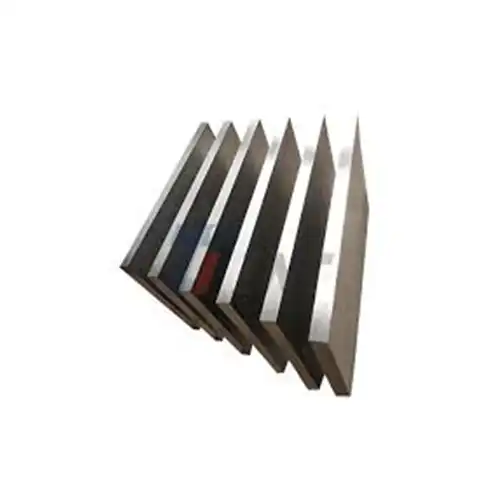






 2025-07-04 14:30:15
2025-07-04 14:30:15
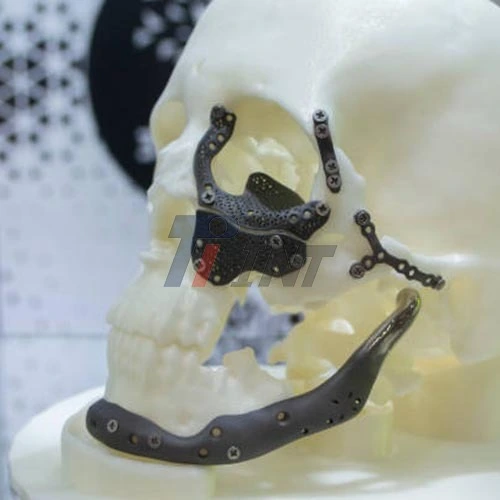
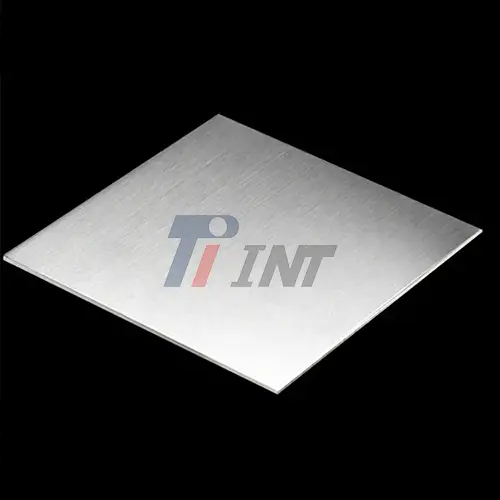
_1752644608314.webp)
